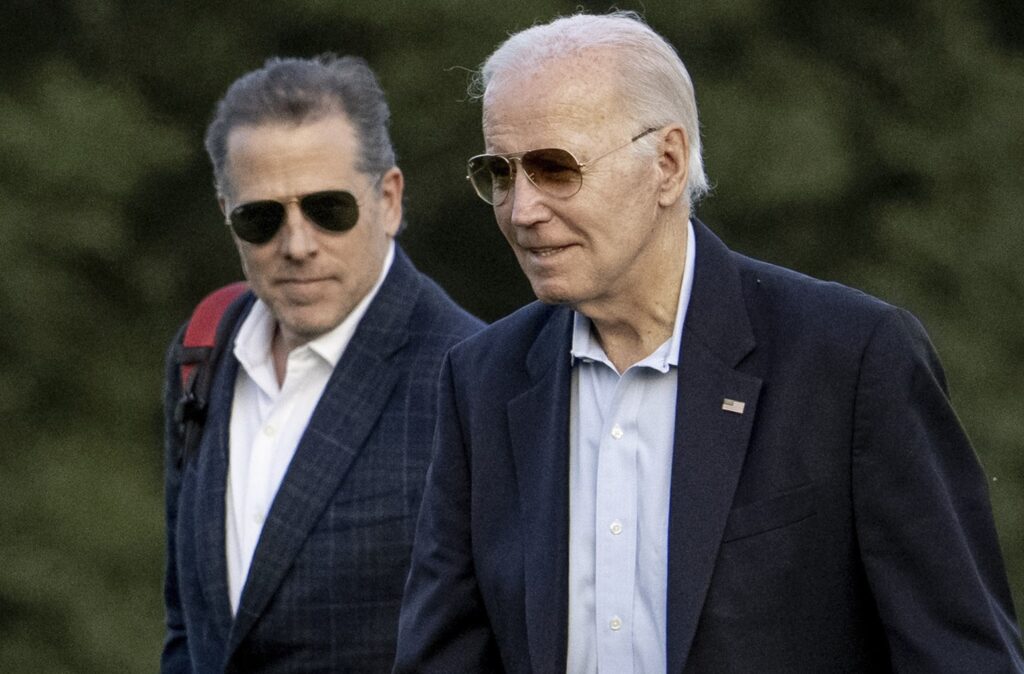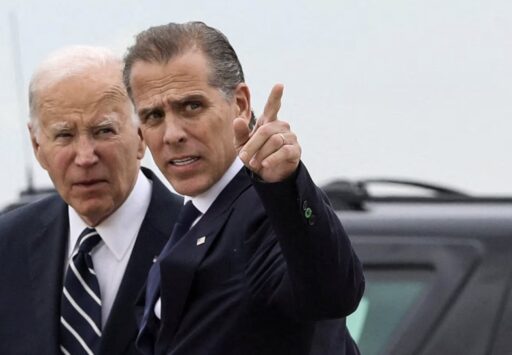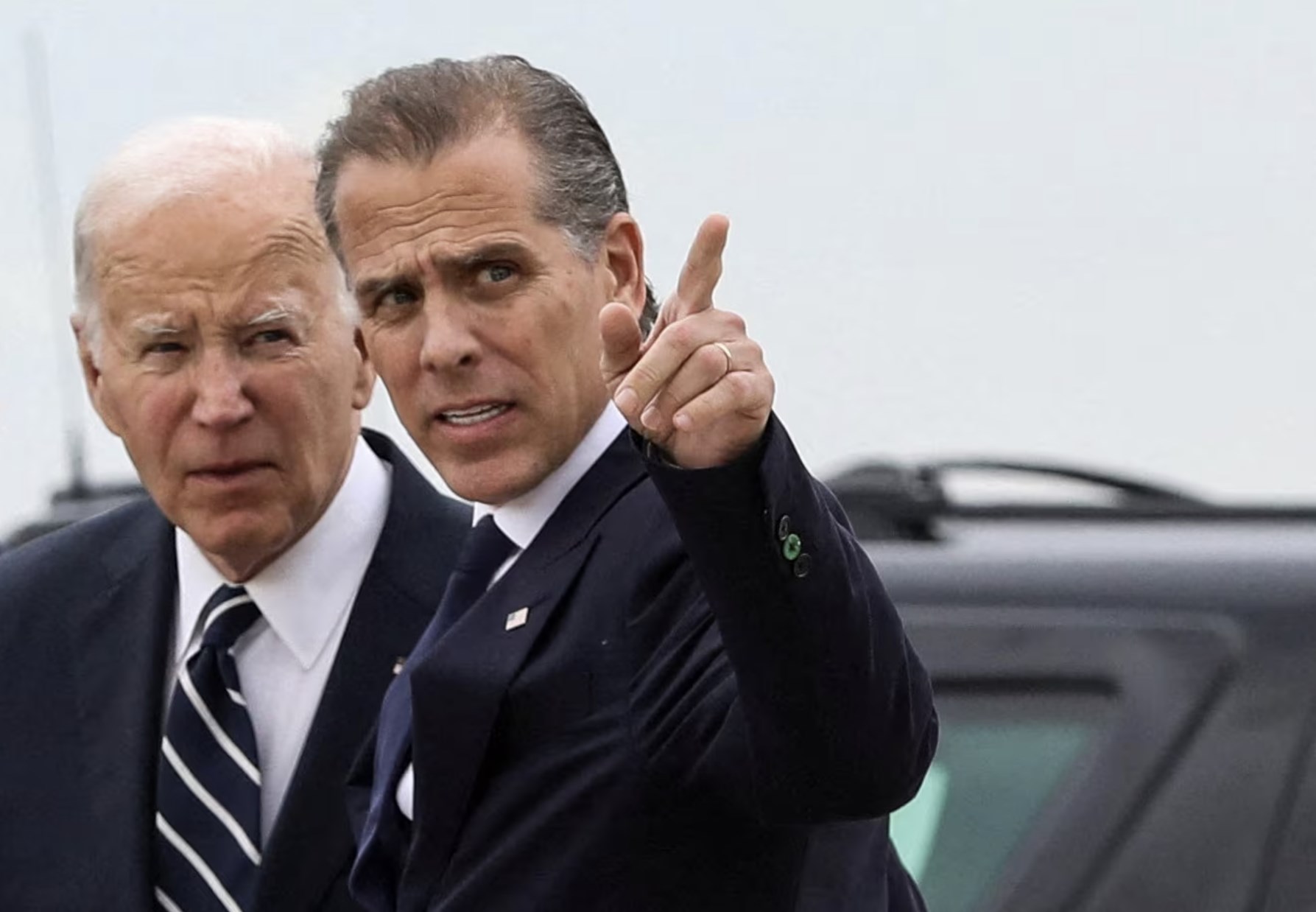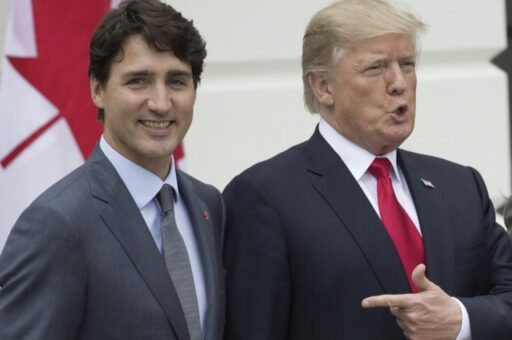Hunter Biden, the son of President Joe Biden, has been in the news for various legal issues that might lead some to wonder about the possibility of a pardon. This topic stirs a multitude of emotions and reactions from different political factions and the general public. From federal gun and tax charges to broader allegations, discussions about a potential presidential pardon have been rampant. Let’s dive deep into what this could entail.
The backdrop: hunter biden’s criminal cases
It all began with a myriad of controversies surrounding Hunter Biden’s financial and personal life. These issues span several years and involve various aspects, from his business dealings to more severe accusations related to federal gun and tax charges. The Justice Department has been investigating these claims, leading to formal charges that place Hunter Biden in a precarious situation.
These criminal cases are critical because they highlight both legal implications and the character judgments imposed on Hunter Biden. With public scrutiny intensifying, it’s no wonder the prospect of a pardon is so hotly debated. Plus, the potential impact on President Joe Biden’s legacy makes it even more of a pressing issue.
The nature of the federal charges
The core of Hunter Biden’s trouble lies in two primary areas: federal gun charges and tax issues. On the weapons front, Hunter Biden reportedly did not disclose his drug use when purchasing a firearm. This omission paved the way for federal gun charges, adding another layer of complications to his legal battles.
The tax-related issues arise from alleged failures to properly report income over multiple years. These federal tax charges compound his already troubling circumstances, painting a complex picture of legal entanglements and family drama. Understanding these key points helps us better weigh the merits and consequences of any prospective pardon.
The concept of executive authority in presidential pardons

Presidential pardons are an inherent part of the United States’ system, exemplifying the executive authority bestowed upon the sitting president. These pardons can absolve people of crimes, effectively erasing their legal transgressions. Yet, the usage of this power often sparks significant criticism and debate, especially when applied to high-profile individuals like Hunter Biden.
The ability to grant a pardon rests solely with the president, marking it as a profound tool of executive authority. Historically, presidents have used this power in various contexts, ranging from acts of mercy to politically motivated decisions. Therefore, if President Joe Biden were to consider a pardon for his son, understanding this mechanism becomes crucial.
Historical context of controversial pardons
Several past presidents have utilized their pardon powers controversially. For example, former President Gerald Ford pardoned Richard Nixon following the Watergate scandal, which drew substantial backlash. Additionally, Bill Clinton faced heavy criticism when he granted clemency to Marc Rich, a financier charged with tax evasion.
These instances provide a historical backdrop against which any potential pardon for Hunter Biden would be measured. Each controversial pardon has shaped public perception and triggered debates on the appropriate use of executive authority, highlighting the tightrope President Joe Biden would need to navigate.
Democrats’ criticism and public perception
The idea of a Hunter Biden pardon invites sharp opinions, particularly from within the Democratic party. Democrats criticism isn’t entirely unfounded; many worry about the implications on the party’s image and electoral prospects. Public opinion also plays a pivotal role in shaping the narrative around such a contentious decision.
If President Joe Biden chooses to pardon his son, he’ll face extensive critique not only from political adversaries but also from allies. This internal rift underscores the complexities involved in any decision impacting the broader party and its principles.
Political repercussions within the democratic party
A presidential pardon for Hunter Biden could potentially fracture Democrat unity. Some members may view it as an ethical compromise, which runs counter to the values they espouse. Prominent figures within the party might openly voice their concerns, further complicating President Biden’s position.
This division could translate into decreased voter enthusiasm or increased skepticism towards the administration’s agendas. Navigating such turbulent waters would demand careful consideration of both immediate impacts and long-term political strategies.
Legal implications of a potential pardon
Beyond the realm of politics, the legal implications of a Hunter Biden pardon are worth considering. A presidential pardon would put an end to federal prosecution efforts regarding the specified charges, yet it won’t address possible state-level legal actions. The layered complexities of the justice system mean that the story wouldn’t necessarily conclude with a simple act of clemency.
- End of federal prosecutions.
- Potential for state-level investigations to continue.
- Public and media scrutiny likely to persist.
Given this multifaceted reality, the notion of a presidential pardon extends far beyond mere statutory relief. It entails a broad spectrum of consequences, affecting judicial processes, public perceptions, and media narratives alike.
Impact on future legal standards
A pardon for Hunter Biden could also set a precedent for future legal standards concerning executive interventions. This action might establish new thresholds for how judicial leniency is perceived, influencing both public attitudes and prosecutorial approaches across different administrations.
Furthermore, questions about fairness and justice might surface, challenging the integrity of legal frameworks. The broader ramifications should not be underestimated as they could reshape aspects of the American justice system’s functionality.
The bidens’ personal dilemma

For President Joe Biden, choosing whether or not to pardon his son embodies one of the most personal and ethically complex dilemmas of his career. Balancing fatherhood and presidency demands confronting stark realities and potential conflicts of interest, making it a profoundly difficult choice.
This emotional tug-of-war touches on fundamental human experiences—protecting loved ones versus upholding higher principles. As such, any decision in this direction will increasingly resonate on a relatable, personal level among the electorate.
Family dynamics and public duty
Negotiating the intersection between familial bonds and national obligations is never straightforward. President Joe Biden’s struggle in this regard resonates on a deeply personal level, mirroring common themes seen in family stories universally, albeit under unparalleled scrutiny.
He must weigh his loyalty and affection for his son against his duties as the leader of the free world. Making a decision amid such intense pressures only amplifies the stakes, casting a spotlight on both the individual and collective impacts of his ultimate choice.
Hunter biden’s legacy and public reception
Any move towards a presidential pardon would inevitably affect Hunter Biden’s legacy. He is already a figure mired in controversy, and a pardon could either help rehabilitate his image or deepen public cynicism depending on execution and perception management.
Additionally, the broader reception of such an act would shape how the Biden presidency itself is evaluated historically. Consequently, strategizing the timing and manner of any pardon is of paramount importance, as public sentiment can drastically shift political landscapes.
The role of media narratives
Media narratives will undoubtedly color the public’s reception of any presidential pardon. How stories are framed and the angles explored by the press could swing opinions significantly. This signifies a minefield of interpretation and counterpoints, making it vital for strategic communication efforts.
The influence of journalists and commentators in molding the broader discourse cannot be overstated. Ensuring accurate, balanced reporting and fostering constructive dialogue would contribute meaningfully to societal comprehension of such a weighty act.






